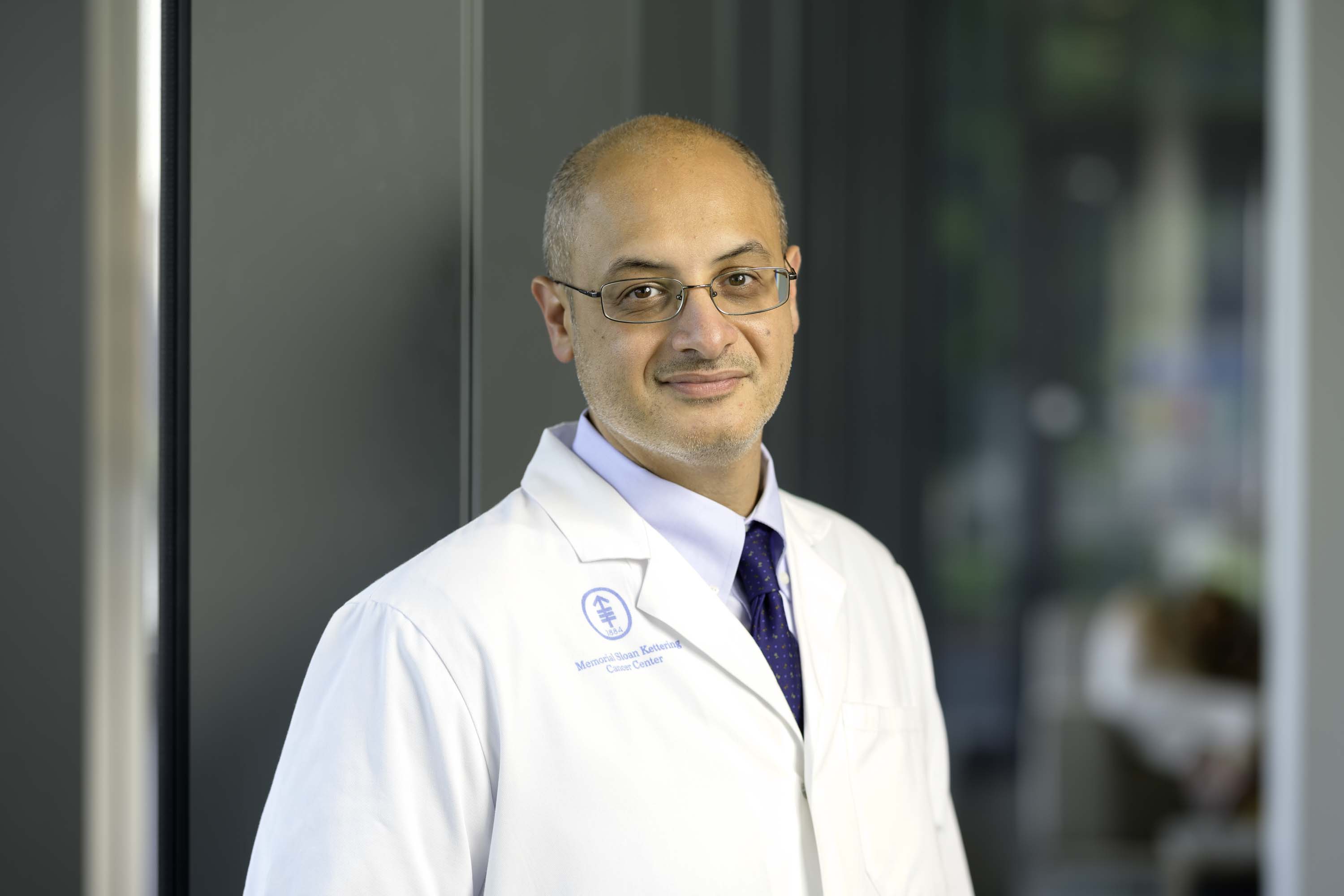
Bio

CELL CYCLE CONTROL OF B CELL IMMUNITY and CANCER
We have a long-standing interest in discerning the mechanism of cell cycle control of immunity and translating fundamental discoveries to innovative cancer therapy. First, we discovered in mice that modulation of the cyclin-dependent kinase 4 (CDK4) and CDK6 activities by a physiologic inhibitor p18INK4c was required for homeostatic cell cycle control of both B cell activation and terminal differentiation to plasma cells in immunity (Immunity. 2002; 17: 179. PMID: 12196289). This led us to demonstrate that dysregulation of CDK4/6 underlies unrestrained proliferation of cancer cells in hematologic malignancies in humans. Recognizing the unexplored therapeutic potential of the first selective CDK4/6 inhibitor (palbociclib), we pioneered a strategy to both inhibit proliferation of cancer cells and reprogram them for therapy vulnerability by inducing prolonged early G1 arrest (pG1) with CDK4/6 inhibition (Cancer Res. 2006; 66:7661. PMID: 16885367). Implementing this novel strategy in multiple hypothesis-driven clinical trials in mantle cell lymphoma (MCL) and multiple myeloma in collaboration with our clinical colleagues indicates that indeed induction of pG1 by CDK4/6 inhibition deepens and prolongs the clinical response to inhibition of BCR signaling (Cancer Discov. 2014;4:1022. PMID: 25082755). By integrated longitudinal functional genomics, we have discovered cancer cell heterogeneity, candidate genomic resistance drivers and novel cancer-immune cell interactions in the context of clinical response to CDK4/6 inhibition in MCL at the single cell resolution. Our current focus is transcriptional and epigenetic reprogramming of cancer cells and cancer- immune cell interaction that discriminate sensitivity from resistance to CDK4/6 inhibition in lymphoma therapy. To overcome resistance to CDK4/6 inhibition, we have begun to target resistance-dependent vulnerability in MCL. Loss of cell cycle control is a hallmark of human cancer. Our studies in human lymphoma may have broad mechanistic and clinical implications for targeting the cell cycle in other cancers as well.
